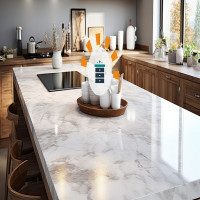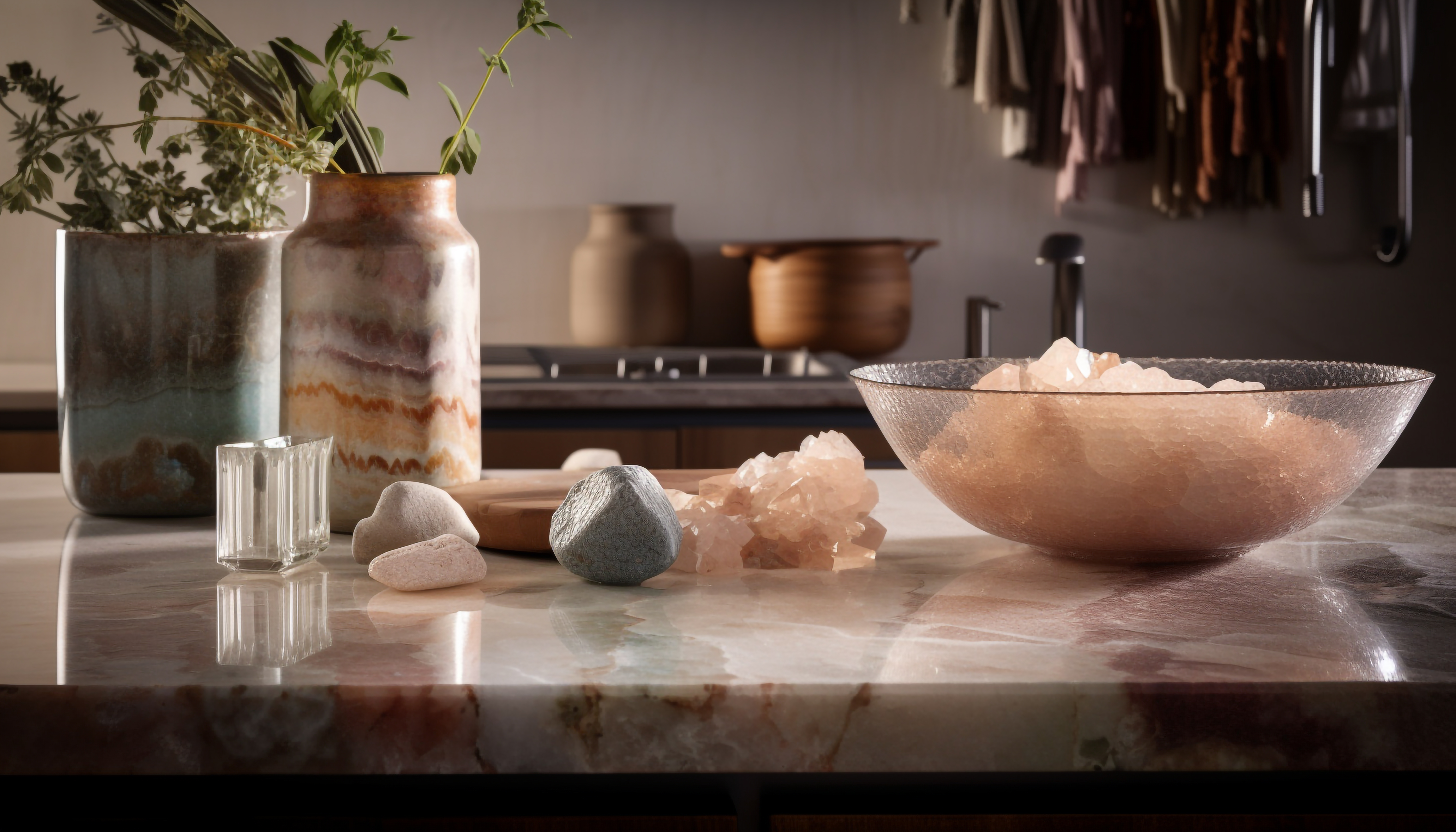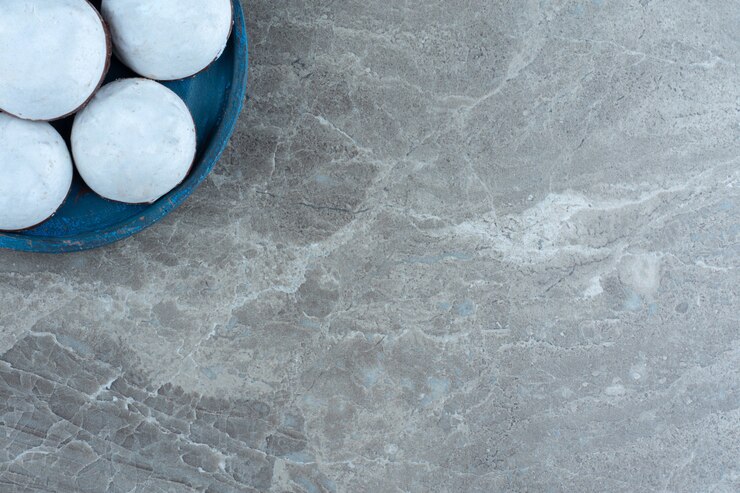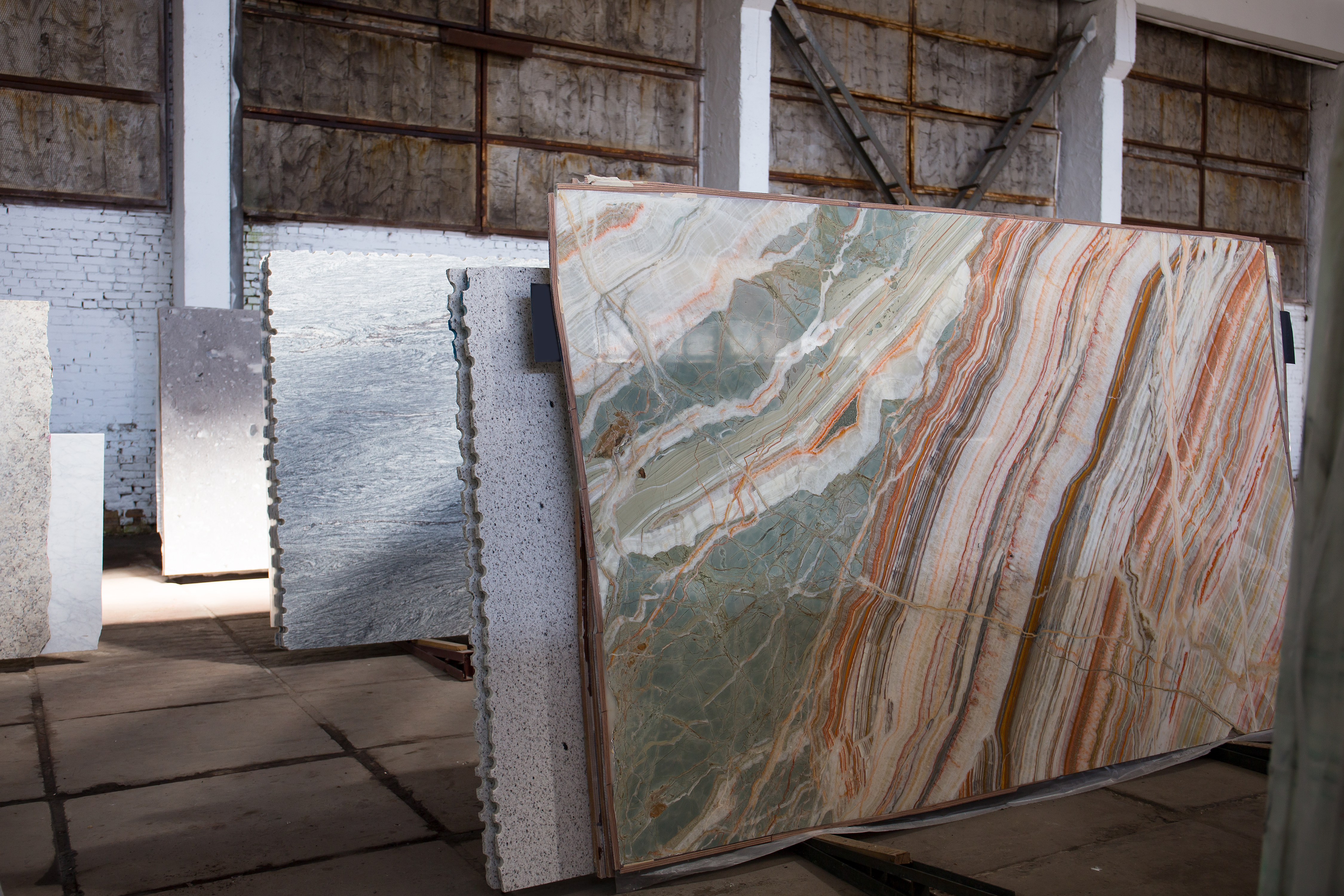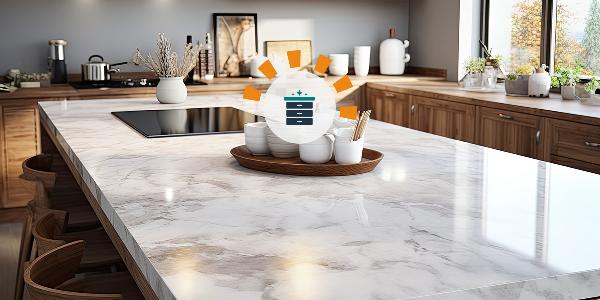How Durable is Calacatta Quartz Compared to Other Materials?
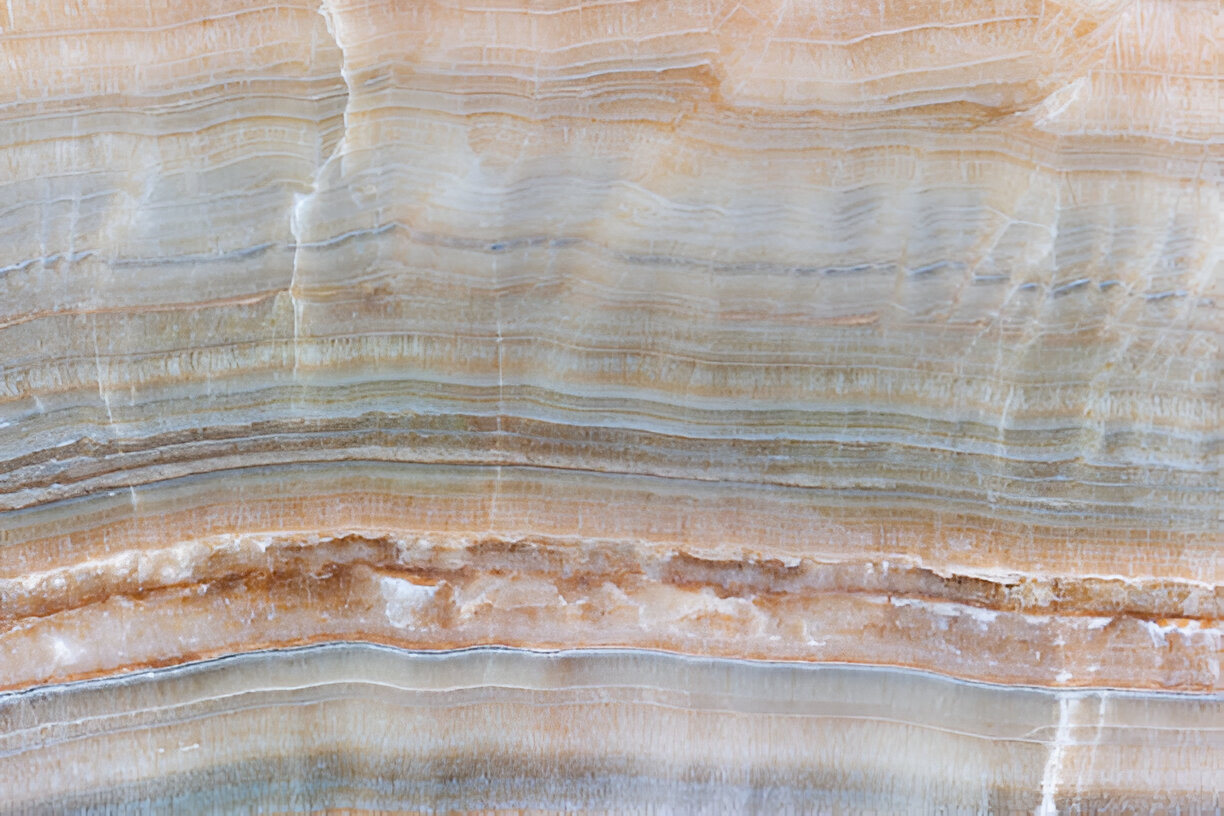
Strong 8k brings an ultra-HD IPTV experience to your living room and your pocket.
When it comes to choosing the right countertop for your home, durability is often at the top of the list. One material that has gained a lot of attention in recent years is calacatta quartz. Known for its stunning appearance and solid performance, it’s important to understand how it stacks up against other popular countertop materials. Let’s dive into the durability of Calacatta quartz compared to some common options like granite, marble, and laminate.
What is Calacatta Quartz?
Calacatta quartz is a type of engineered stone made from natural quartz crystals mixed with resins and pigments. It mimics the look of natural Calacatta marble, featuring beautiful veining and a polished surface. Unlike natural stones, quartz countertops are less porous and more resistant to stains, making them a popular choice for kitchens and bathrooms.
Comparing Durability
1. Calacatta Quartz vs. Granite
Granite has long been a favorite for countertops due to its natural beauty and durability. Here’s how Calacatta quartz measures up:
Strength: Both materials are strong, but Calacatta quartz is less likely to chip or crack due to its engineered composition. Granite can be more prone to cracks, especially if a heavy object is dropped on it.
Stain Resistance: Calacatta quartz is more resistant to stains because it’s non-porous. Granite, on the other hand, requires regular sealing to maintain its stain resistance.
Maintenance: Calacatta quartz is easier to clean and requires less maintenance than granite, which needs periodic sealing to prevent staining and damage.
2. Calacatta Quartz vs. Marble
Marble is a classic choice known for its elegance, but it has some drawbacks when compared to Calacatta quartz:
Durability: While marble is beautiful, it is softer than both Calacatta quartz and granite. This softness makes it more susceptible to scratches and dents, which can be a significant concern in high-traffic areas.
Stain Resistance: Marble is more porous than Calacatta quartz, making it more vulnerable to staining from common kitchen substances like wine or vinegar. This means more frequent cleaning and sealing.
Lifespan: While marble can last a long time, it may require more frequent repairs and maintenance compared to Calacatta quartz, which can handle daily wear and tear better.
3. Calacatta Quartz vs. Laminate
Laminate countertops are often chosen for their cost-effectiveness, but they don’t hold a candle to the durability of Calacatta quartz:
Heat Resistance: Calacatta quartz can withstand higher temperatures than laminate, which can warp or damage with hot pots and pans.
Scratch Resistance: While laminate can scratch easily, Calacatta quartz is much more resistant to scratching. This means it will maintain its beauty longer, even with daily use.
Lifespan: Laminate typically lasts around 10-20 years, while Calacatta quartz can last a lifetime with proper care.
Additional Factors to Consider
While durability is a crucial aspect, there are other factors to consider when choosing Calacatta quartz or any countertop material. Here are a few important ones:
1. Aesthetic Appeal
One of the main reasons homeowners gravitate toward Calacatta quartz is its luxurious look. With its striking veining and elegant finish, it brings a touch of sophistication to any space. Unlike some other materials, the beauty of Calacatta quartz doesn’t fade over time, ensuring your countertops maintain their aesthetic appeal for years to come.
2. Cost-Effectiveness
Calacatta quartz can be on the higher end of the pricing spectrum, but when you factor in its durability and low maintenance, it can be a wise investment. While granite may have a similar initial cost, the ongoing maintenance and potential repairs can add up over time. Thus, Calacatta quartz can often be more cost-effective in the long run.
3. Environmental Considerations
If sustainability is a concern for you, it’s worth noting that Calacatta quartz is made from natural quartz, which is abundant and non-toxic. Many manufacturers also prioritize eco-friendly practices in their production processes. In contrast, some laminate countertops can be made with materials that have a larger environmental footprint.
4. Installation
When it comes to installation, both Calacatta quartz and granite require professional help due to their weight and the precision needed for fitting. However, the installation process can be more straightforward with quartz, as it can be cut more easily than granite. This might save you time and money on installation costs.
5. Resale Value
Investing in high-quality materials like Calacatta quartz can positively impact your home’s resale value. Potential buyers often appreciate durable and aesthetically pleasing countertops, making your home more appealing in the real estate market. In contrast, opting for less durable materials may raise concerns among buyers about the longevity and upkeep of your home.
Final Thoughts
When choosing a countertop, it's essential to weigh all factors, including durability, aesthetics, cost, and maintenance. Calacatta quartz shines in nearly every category, offering an attractive solution for homeowners who want both beauty and functionality. Its remarkable durability sets it apart from other materials like granite, marble, and laminate, making it an excellent choice for kitchens, bathrooms, and other high-use areas.
Note: IndiBlogHub features both user-submitted and editorial content. We do not verify third-party contributions. Read our Disclaimer and Privacy Policyfor details.

